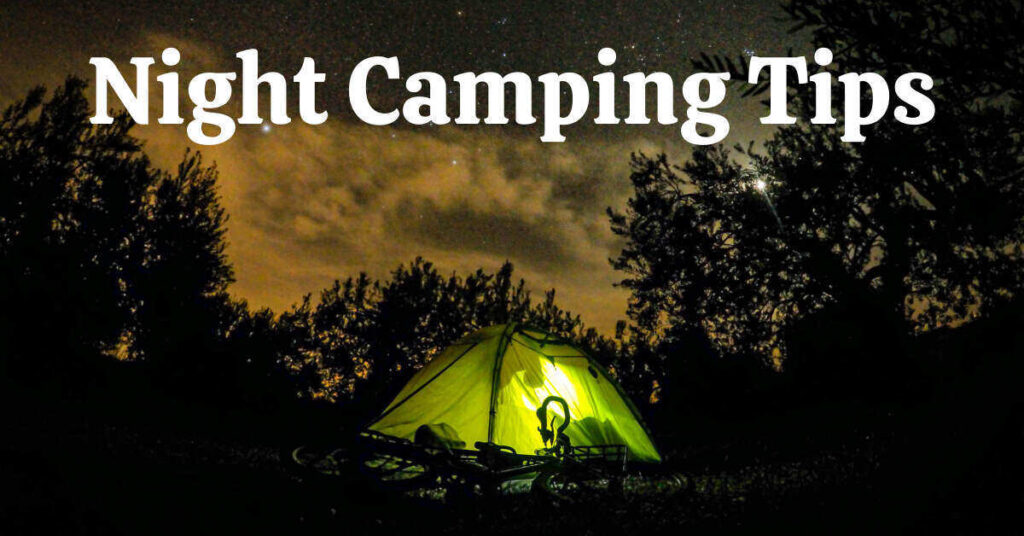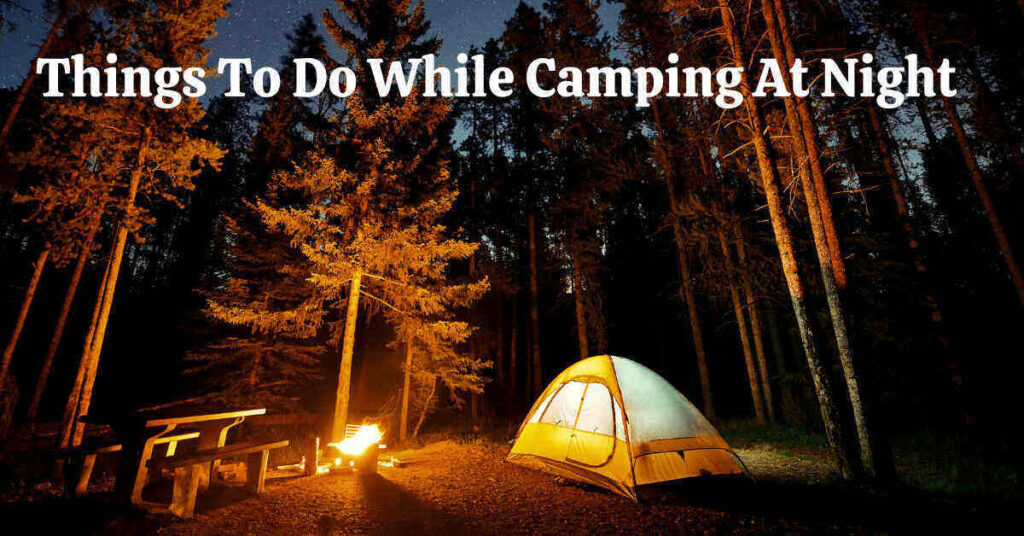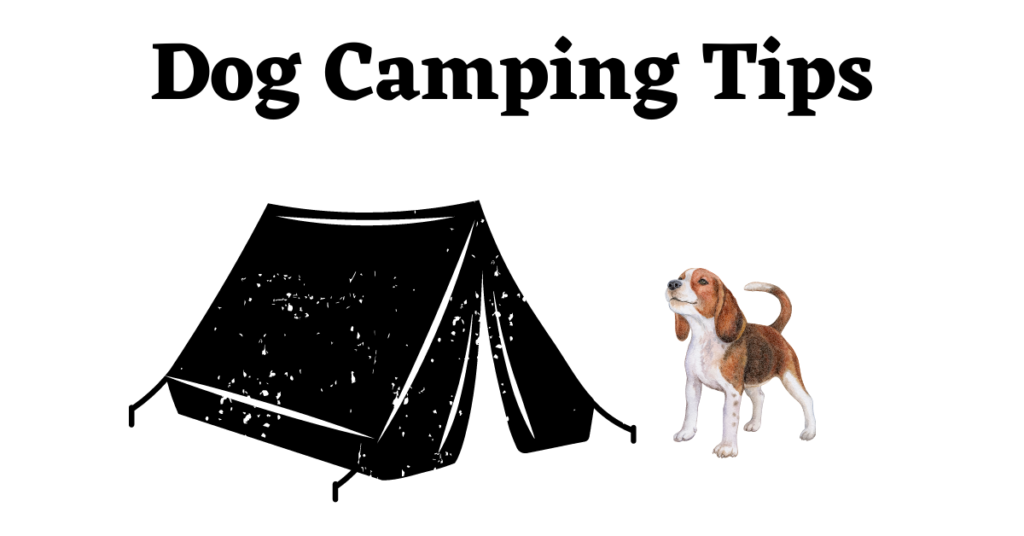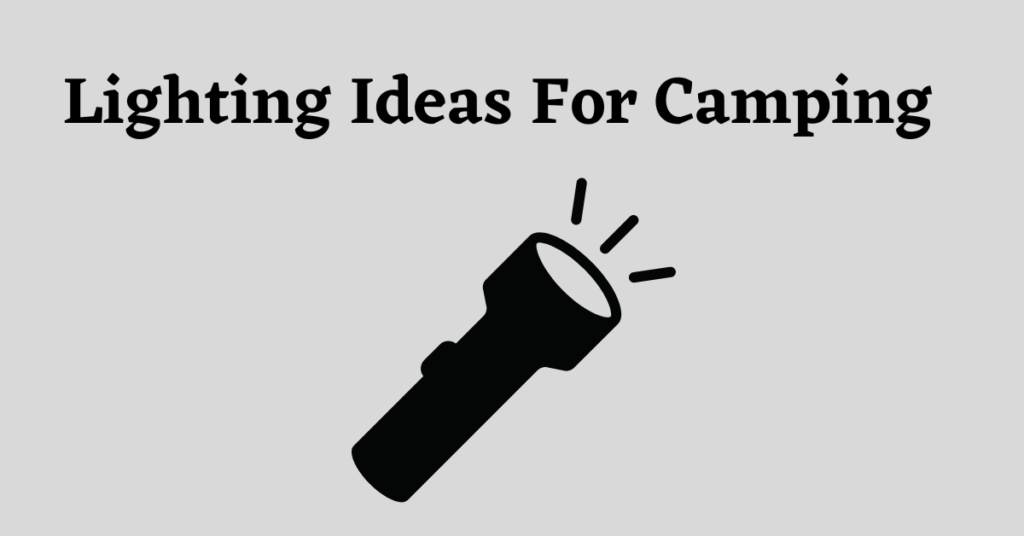Camping can be a return to basics, a quiet rebellion against cluttered lives. Enter minimalist camping – a stripped-down approach to nature immersion. It’s about shedding excess gear, embracing simplicity, and letting the essentials suffuse the experience. Picture a campsite with only what’s necessary, where every item serves a vital purpose. It’s not about sacrifice, but a deliberate choice to savor nature without distractions.
In this post, we will provide tips on how to camp minimally. Get ready to embark on a journey that will set you free.
Definition of Minimalist Camping
Minimalist camping is a simple and streamlined approach to camping that focuses on carrying only essential and functional gear. The goal is to reduce excess weight, space, and complexity while maximizing the connection to nature.
This camping style emphasizes using lightweight and compact equipment, often favoring multi-purpose items. By minimizing the gear and items taken, minimalist camping aims to enhance the outdoor experience, promote self-reliance, and reduce environmental impact.
Minimalist Camping Gear List
When embarking on a minimalist camping trip, having the right gear is crucial to ensure a great experience while minimizing the weight and bulk of your load. Here’s a breakdown of the essential gear for minimalist camping:
· Shelter
Choose a lightweight and compact shelter option such as a single-person tent, a tarp, or even a bivy sack. These options protect from the elements without adding unnecessary weight to your pack.
· Sleeping System
Opt for a minimalist sleeping pad and sleeping bag or quilt designed for your specific weather conditions. These items should offer adequate insulation while being lightweight and packable.
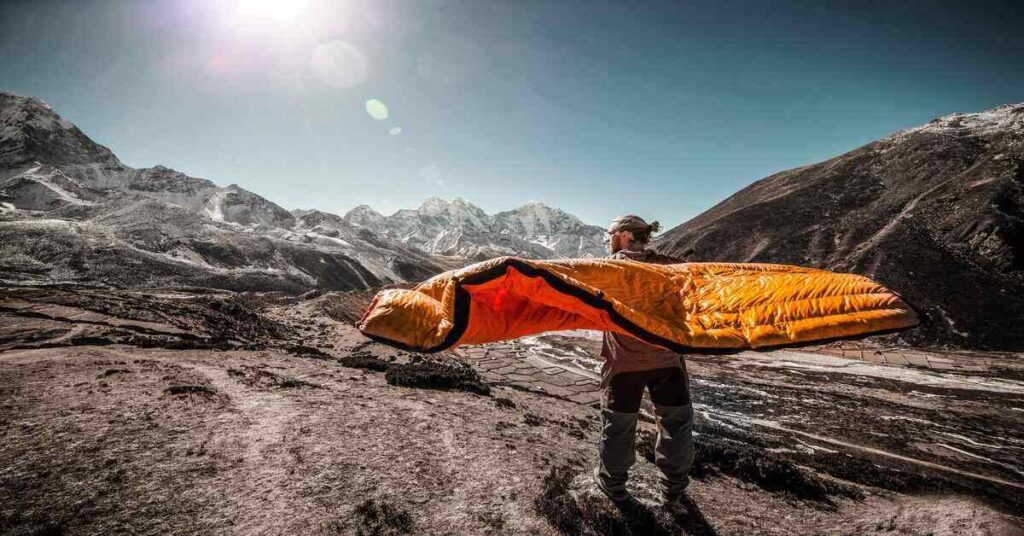
· Backpack
Select a lightweight and well-fitting backpack with enough space to carry your essentials. Look for features like multiple compartments, adjustable straps, and a comfortable harness system.
· Cooking Equipment
Keep your cooking setup simple with a lightweight stove, a compact cookware set, and a utensil or two. Consider using a portable stove that runs on fuel canisters or sticks to reduce the need to carry heavy fuel.
· Water Filtration
Carry a compact water filter or purification tablets to ensure a safe and clean drinking water source during your trip. This eliminates the need to carry heavy volumes of water.
· Multi-Tool or Knife
A versatile multi-tool or a reliable camping knife is essential for various tasks like food preparation, gear repairs, and even first aid.
· Appropriate Clothing
Choose clothing that is suitable for the expected weather conditions. Opt for moisture-wicking and quick-drying materials, and consider layering to regulate your body temperature. Remember to pack a rain jacket or windbreaker.
· Footwear
Select lightweight and comfortable hiking boots or trail shoes that provide good support and traction. Ensure they are broken in before your trip to avoid discomfort or blisters.
· Navigation Tools
Carry a detailed map of the area and a compass. For extra convenience, you can also use a GPS device or smartphone app with offline maps.
· Light Source
A lightweight headlamp or flashlight is essential for navigating in low-light conditions and performing tasks around the campsite.
· Personal Items
Don’t forget the basics, such as a lightweight towel, toiletries, sunscreen, insect repellent, and a small roll of toilet paper in a waterproof bag.
Remember, the key to minimalist camping is to prioritize functionality and only bring items that serve essential purposes. Each piece of gear should be versatile and contribute to your overall comfort and safety.
Benefits of Minimalist Camping
Minimalist camping provides several key benefits that enhance outdoor experiences and foster a deeper connection with nature:
- Reduced Physical Strain: Carrying only essential gear leads to lighter loads, making hiking and exploration easier and less physically demanding.
- Enhanced Self-Reliance: Minimalist campers develop problem-solving skills and resourcefulness as they creatively adapt to challenges with limited gear. This boosts confidence and outdoor competence and is especially important when camping with kids.
- Reduced Environmental Impact: With a focus on mindful consumption, minimalist camping generates less waste and reduces resource consumption, contributing to a lower ecological footprint.
- Heightened Nature Appreciation: Fewer distractions from excess gear allow campers to fully engage with their surroundings. This fosters a stronger connection to and appreciation for the natural environment.
- Tranquility and Rejuvenation: The simplicity of minimalist camping promotes mental clarity and a sense of calm, providing an opportunity to unwind and recharge amidst the serenity of nature.
Tips for Planning a Minimalist Camping Trip
Here are three essential tips to help you plan your liberating adventure:
– Pack only the necessities: Leave behind the excess and focus on the essentials. Remember, less is more when it comes to minimalist camping.
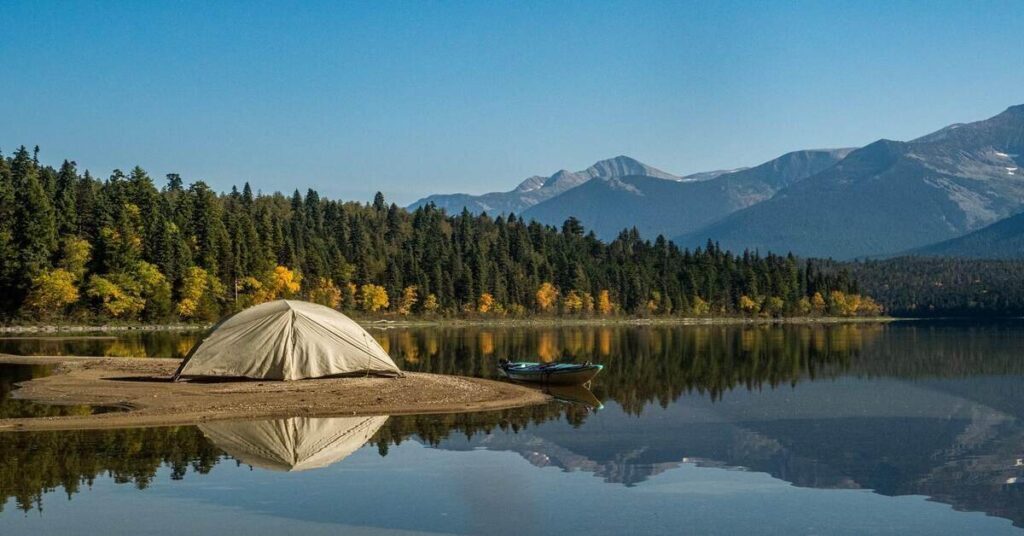
– Plan your meals wisely: Opt for lightweight, nutritious food options requiring minimal preparation. Pack dehydrated meals, energy bars, and trail mix. Don’t forget to bring a lightweight cookware set and a reusable water bottle.
– Choose your location wisely: Look for secluded and unspoiled camping spots where you can truly connect with nature. Research different camping grounds and choose one that aligns with your desire for peace and tranquility.
By following these tips, you can plan a camping trip that allows you to break free from the materialistic world and reconnect with nature.
Cooking and Food Considerations for Minimalist Camping
Cooking in nature can be a rewarding experience. You get to prepare delicious meals using minimal ingredients and equipment. To fully embrace the minimalist lifestyle, focus on simplicity and efficiency in your cooking.
Opt for one-pot meals that require fewer utensils and clean-up. Keep your ingredients minimal, yet flavorful, to create mouthwatering dishes. Fresh vegetables, protein-rich beans, and grains can be combined to make hearty and nutritious meals.
Don’t forget to pack spices and herbs to add depth and complexity to your dishes. Remember, liberation comes from breaking away from the unnecessary. Leave behind the excessive sauces and condiments.
Embrace the natural flavors of your ingredients and let them shine. When it comes to cooking equipment, invest in lightweight, multi-purpose tools that can handle various cooking tasks.
Safety and Preparedness in Minimalist Camping
As someone seeking liberation in the great outdoors, you want to ensure you are equipped to handle any unexpected situations.
Pack a well-stocked first aid kit, including bandages, antiseptic ointment, and any necessary medications. Bring a reliable map, compass, and a fully charged phone or satellite communication device for emergencies.
Don’t forget to check the weather forecast before leaving and dress accordingly. Layer your clothing to adapt to changing temperatures, and pack a waterproof jacket in case of rain.
Additionally, inform someone of your camping plans, including your expected return date. This way, help can be sent your way if something goes wrong.
By embracing the minimalist lifestyle through camping, you can experience a sense of liberation like no other. The minimalist approach encourages you to let go of the unnecessary, simplify your life, and focus on what truly matters.
So, what are you waiting for? It’s time to embrace the minimalist camping experience and let nature’s magic unfold.

